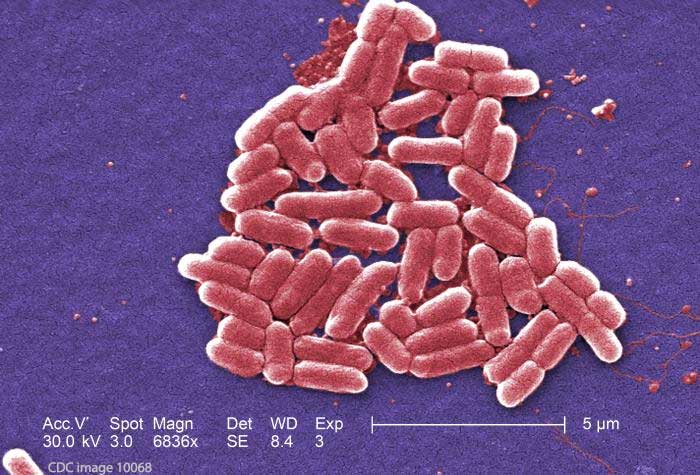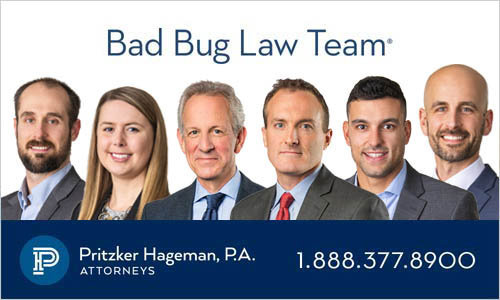Ten children diagnosed with E. coli O157 infections in Knox County were sickened by raw milk from French Broad Farm, according to the Knox County Health Department. Some of these children were hospitalized, and some of those developed a complication of the infection called Hemolytic Uremic Syndrome (HUS).
“Parents are often not told that raw milk is a high risk food because pathogens like E. coli O157 can live in it. These deadly germs do not affect the color or smell of the milk, making them even more dangrous.”Attorney Fred Pritzker
The ten children consumed raw milk from French Broad Farm, Knox County, Tenn., the only common link among all ten children. The lab results have confirmed these children had the same strain of E. coli O157. The lab also confirmed that this strain is a DNA fingerprint match to the E. coli O157 found in cow manure samples collected from French Broad Farm. The factors linking the outbreak to French Broad Farm can be summarized as follows:
- all 10 of the children drank raw milk from French Broad Farm;
- the 10 children were sickened by E. coli O157 bacteria with matching DNA fingerprints; and
- E. coli O157 with the same DNA fingerprint was found in environmental samples (cow manure) collected from the farm.
Although the lab did not find E. coli O157 in the raw milk samples, it does not mean the milk that the 10 children drank was free of contamination. One reason for this is that E. coli bacterium do not distribute themselves uniformly in milk, meaning a portion of even the same glass of milk can be contaminated while another portion is not.

Health officials believe the contamination event occurred in Mid-May based on the following:
- the dates when the children became ill
- the time it generally takes for milk to be distributed
- the incubation period for E. coli O157 food poisoning.
The outbreak investigation included interviews with parents, examination of potential sources of illness, analysis of symptom onset and incubation, and testing samples. The results of the investigation can be used in an E. coli lawsuit seeking compensation for the sickened children.
